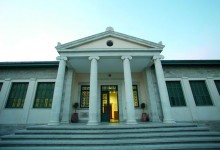Login Status
-
Free text
UPCOMING EVENTS:
 From August 18 to October 11, 2026; submissions due February 19.
From August 18 to October 11, 2026; submissions due February 19.FILE – Electronic Language International Festival is now accepting project submissions and invites artists, researchers, creators, and developers to participate in its next edition. An international reference in the fields of art, technology, and innovation, FILE will take place in … Continue reading →
 Wrocław University of Environmental and Life Sciences, 4th of Match 2026
Wrocław University of Environmental and Life Sciences, 4th of Match 2026The international conference “Cross-border cooperation in the era of challenges and transformation – space, energy, climate, culture” will be held on 4 March 2026 at the Wrocław University of Environmental and Life Sciences, in Wrocław, Poland. The conference will explore key issues facing border regions, from … Continue reading →
Topic: digital archive
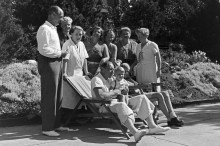
In the framework of the REACH Opening Conference “Resilient Cultural Heritage and Communities in Europe“, Europeana will hold a parallel event in which all attendees and citizens are invited to contribute by sharing their family’s stories on travels, migrations, origins … Continue reading
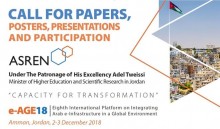
Integrating Arab e-infrastructure in a Global Environment, e-AGE, is an annual international conference organized by the Arab States Research and Education Network, ASREN. Since the launch of ASREN in December 2010 at the League of Arab States, it was decided … Continue reading
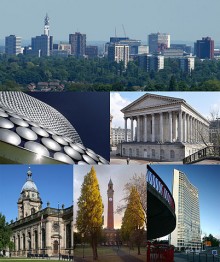
About the conference Discovering Collections, Discovering Communities is a collaborative conference series between The National Archives and Research Libraries UK. Now in its sixth year, DCDC brings together colleagues from across the archive, library, museum and academic sectors to explore shared … Continue reading

The 2018 International Image Interoperability Framework (IIIF) Conference was held May 21-25 in Washington, DC, co-hosted by the Library of Congress, the Smithsonian Institution, and the Folger Shakespeare Library. The Conference is intended for a wide range of participants and … Continue reading
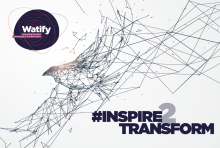
WATIFY: Inspire to Transform takes place on 2 May at DNK – Space for Contemporary Dance and Performance, National Palace of Culture (Sofia, Bulgaria) and is organised by WATIFY, an awareness-raising campaign funded by the European Commission to stimulate the … Continue reading

The Faculty of Arts of KU Leuven and KU Leuven Libraries hosted a European Conference for the Humanities on behalf of the European Consortium of Humanities Institutes and Centres (ECHIC, http://www.echic.org/). the 2018 theme is “Equip & Engage: Research and Dissemination … Continue reading

The Faculty of Arts of KU Leuven and KU Leuven Libraries hosted a European Conference for the Humanities on behalf of the European Consortium of Humanities Institutes and Centres (ECHIC, http://www.echic.org/). Like the preceding ECHIC conferences in Dublin, Utrecht, Nottingham, Oporto, … Continue reading
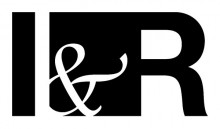
The Centre for Image Research and Diffusion (CRDI) of the Girona City Council and the Association of Archivists of Catalonia, are calling the 15th Image and Research International Conference, which will be held in the Palau de Congressos de Girona from 22th … Continue reading

iPRES 2018 BOSTON – Where Art and Science Meet – The Art In the Science & The Science In the Art of Digital Preservation – will be co-hosted by MIT Libraries and Harvard Library on September 24-27, 2018. The call for contributions seeks abstracts for papers that tell stories about bridging knowledge gaps in teams, implementing technologies, and overcoming barriers towards proper digital stewarding of digital items, assets, works and collections. Continue reading


